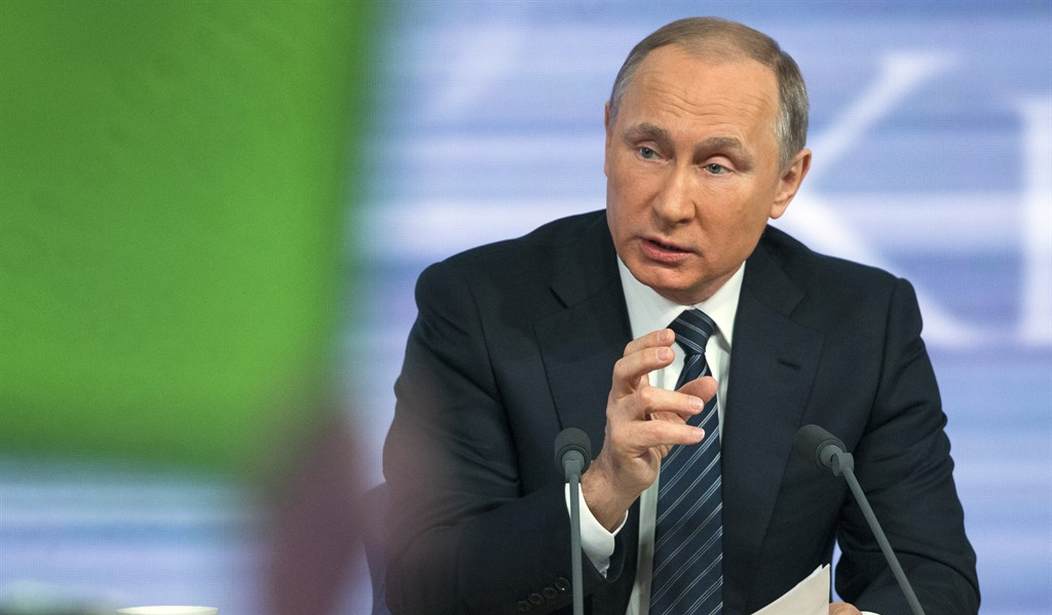How is Russia’s economy doing? The truth is that it’s not doing well but also better than expected. With the US and Europe sanctioning Russia for its invasion of Ukraine the thought was that Russia’s economy would see a serious collapse this year. So far that hasn’t quite happened.
The effect, on paper, appeared to be a set of measures that struck at the heart of Russia’s economy. Forecasts in the spring of this year predicted a drop in GDP of at least 7-8% (and possibly as much as 11%) for 2022. Prices were expected to rise by 20-25%. Foreign direct investment by corporations was forecast to fall as much as 25-28%t over the year.
But Russia has not been brought to its knees. Far from it: Forecasters say Russian GDP for 2022 will likely fall, but only about 3.3−3.4%. Inflation, meanwhile, will likely end the year at roughly 12%: bad, but not close to as painful as predicted. And foreign direct investment? Estimates say it will fall by a mere 1%.
But while things look relatively good on the surface, the truth is that Russia’s economy is sliding backwards and the effect is growing worse over time.
The sanctions have stymied Russia’s faltering attempts to modernize its economy along Western lines and to catch up to European living standards after the fall of the Soviet Union, said Vladislav Inozemtsev, the Washington-based director of the Center for Post-Industrial Studies, a Russian research group. That has dimmed the hope that the country could become a modern, prosperous nation in the near term.
“The slogan now is ‘Keep things from getting worse,’ and that’s an important shift,” Mr. Inozemtsev said. “Even the government has stopped betting on national development.”
Beneath the veneer of normalcy, he said, key drivers of growth, like technology transfer and investment, are eroding. “It’s like a cake that was dropped on the table and it looks more or less fine, but inside it’s all blown up,’’ Mr. Inozemtsev said.
Russia has effectively avoided a worse downturn because it can still sell oil to China, India and other nations, albeit at a significant discount. The US and Europe have launched a price cap designed to limit the profits Russia can earn from oil sales.
Europe and the United States started enforcing on Monday two of the toughest measures aimed at curbing Russia’s income from oil, the principal source of cash used to fund its nearly 10-month-old war in Ukraine.
But there was no drastic impact on oil markets — prices were largely unchanged by late afternoon — and that was by design.
The first measure, a price cap initiative led by the United States, sets a top price of $60 per barrel for Russian crude, and was endorsed by the Group of 7 countries, Australia, and the European Union.
The second is an embargo that prohibits European Union countries from buying most Russian crude as of Monday. It was a step that the bloc had agreed to months ago but that was phased in with exceptions to prepare member nations…
The price cap program prohibits firms that play a key role in servicing Russian oil exports — like Greek tanker companies and Europe-based insurers — from dealing with cargoes sold above the $60-a-barrel limit. That cap roughly matches what buyers are said to be paying for Russian crude, a discount of almost $20 a barrel from Brent crude that buyers have demanded since Moscow’s invasion of Ukraine in February.
It remains to be seen whether this will have an impact on Russia’s ability to sell. With the price cap at $60, Russia’s buyers in China and India may demand an even steeper discount which could have a big impact on the bottom line. There is another approach the western world could take if it wanted to crack down on Russian oil sales. It turns out most of the market for insuring the transport of oil is handled by the UK.
At the beginning of June, the European Union agreed to bar its companies from “insuring and financing the transport, in particular through maritime routes, of [Russian] oil to third parties” after the end of 2022 to make it “difficult for Russia to continue exporting its crude oil and petroleum products to the rest of the world.” The U.K. agreed to go along.
This is a big deal because European and British companies account for about 85% to 90% of the business of insuring, reinsuring, and financing seaborne Russian oil. Owners of oil tankers of any nationality will refuse to carry Russian oil if they can’t get high-grade insurance. The operators of the Suez Canal, for instance, don’t permit uninsured ships to sail through the vital channel. Russia, in response, says its state-owned insurance company will provide the reinsurance that British and European firms won’t. But Russian firms don’t have the same reputation as the British and European insurers, and their coverage may not be accepted by major ports and canals; the same is true for Indian and Chinese insurers.
But cutting off all insurance would have worked too well. Estimates suggested it would sent the cost of oil on the global markets through the roof.
Okay, so this insurance ban would hurt Russia by reducing its oil exports. But the resulting restriction on the supply of oil flowing to world markets would drive the price even higher than it is already. The Brent benchmark price was above $100 a barrel at the beginning of July 2022. Analysts at Barclays say that disrupting Russia’s seaborne crude exports could push oil prices above $200 a barrel. The insurance ban “would have further-reaching consequences for the oil market than the EU oil embargo,” Commerzbank analyst Carsten Fritsch told the AFP wire service.
American officials are understandably reluctant to criticize their European and British allies for the well-intentioned if poorly conceived decision to ban their firms from insuring and financing seaborne shipments of Russia oil.
So U.S. Treasury officials devised a way to prevent this sanction from tanking the world economy: Exempt from the finance and insurance ban any shipments of Russian oil that are sold for less than some publicly-set price.
So there are much more dramatic sanctions that could be put in place but in some cases they would probably backfire by driving up prices to a level where everyone else suffers. Even if Russia suffers more, the cost would be too great. This is how we wound up with a kind of half-measure of limiting insurance to oil sold for under $60 per barrel. The bottom line is that the world is still dependent on oil and as long as that’s true, it’s really not possible to suddenly cut off Russian sales without doing a lot of damage to the entire world’s economy. But the world will adjust over time and Putin will eventually be left selling to a few select customers at a steep discount.








Join the conversation as a VIP Member